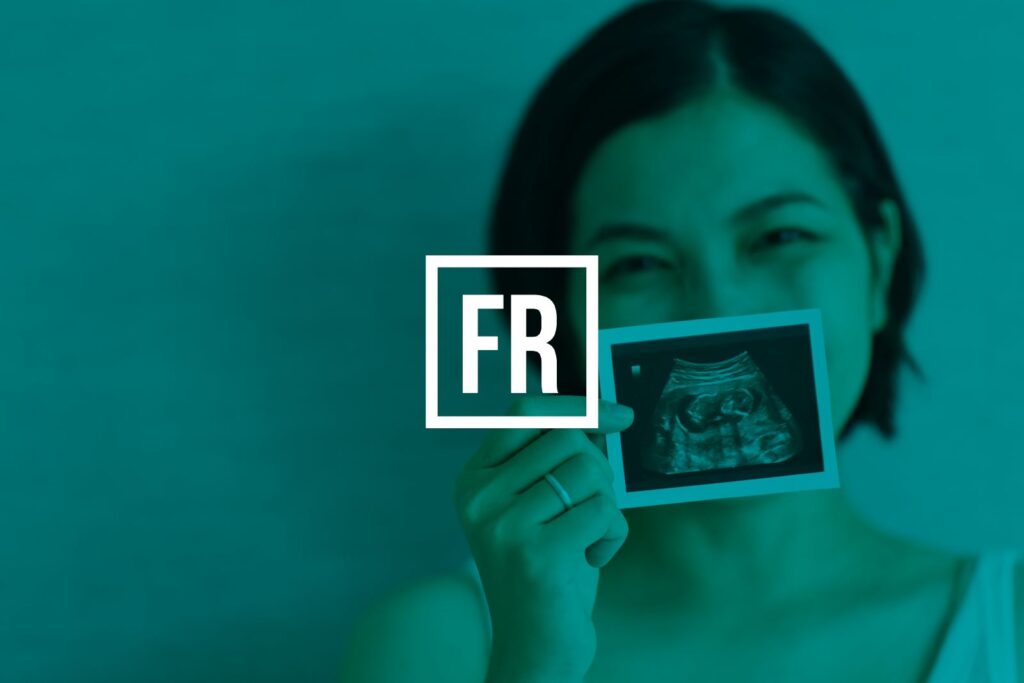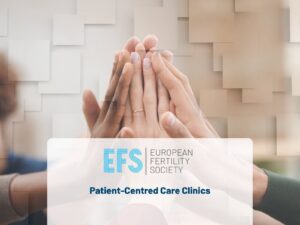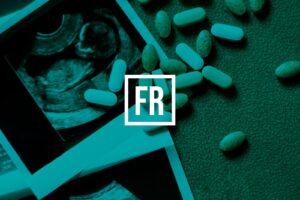Clare: Geeta, thank you so much for taking the time to talk to us at Fertility Road. Please can we start with you explaining what Mild IVF is?
Geeta: It’s a pleasure to talk with you, Clare. Mild Stimulation IVF presents a gentler and safer alternative to conventional IVF treatment. In Mild IVF, lower dosages of stimulation drugs are used over a shorter time period in a woman’s menstrual cycle. This is aimed at inducing a “mild response” from the ovaries, in order to reduce the physical strain and treatment burden on a woman’s body. It is aimed at higher “quality” and not “quantity” of eggs and reducing the risk of a condition called Ovarian Hyperstimulation Syndrome (OHSS), making it a safer option for women. It also avoids the long downregulation or suppression phase before stimulation drugs are commenced.
Clare: How does Mild IVF differ to conventional IVF?
Geeta: Conventional IVF can involve a longer duration of medication, with fertility drugs usually given at higher dosages aimed at a higher quantity of eggs. The first two weeks of treatment are focused on suppressing a woman’s ovaries, causing a temporary menopausal status. Then, women receive daily injections of stimulating medication for 10-14 days. Mild IVF, however, uses lower dosages of drugs, and works within the woman’s natural cycle – aimed at collecting healthier eggs and reducing the physical burden of higher-drug treatments.
Clare: Who is Mild IVF right for?
Geeta: Mild IVF is suited to all categories of women; those with high egg reserve, normal egg reserve and low egg reserve. It reduces the risk of OHSS, which can cause severe discomfort for women who experience it, and in rare cases can even lead to hospitalization. Women who wish to reduce the risks of experiencing OHSS may therefore opt for lower-drug and lower-dose treatments, such as Mild IVF. Many women with Polycystic Ovary Syndrome (PCOS) or endometriosis may also choose to try Mild IVF due to not wanting to aggravate or worsen their pre-existing conditions, which can be triggered through higher doses of drugs.
Clare: What are the benefits of Mild IVF?
Geeta: Mild IVF treatment reduces the physical and emotional burden for women undergoing IVF, so women are less likely to experience side effects such as OHSS. Mild IVF can also have less of an impact on your day-to-day life, not only through the reduced physical burden but also due to women needing fewer visits to the clinic for treatments and prescriptions, thus limiting the disruption to their everyday life. An additional benefit is that the use of lower doses of fertility drugs also reduces the cost of IVF treatment, helping to make treatment more affordable and accessible to many women and couples who may not have been able to otherwise afford IVF.
Clare: Does Mild IVF result in fewer, higher quality eggs than conventional IVF?
Geeta: The primary focus of Mild IVF is to achieve quality, over quantity, of eggs. This approach differs from that of conventional treatments, which tend to aim for a larger number of eggs collected. Despite fewer eggs being collected in Mild IVF treatment, research has shown that it results in equally good success rates compared to conventional treatments – whilst also reducing complications linked to overstimulation, alongside the financial cost of treatment.
Clare: In addition to Mild IVF, CREATE offers Natural Modified IVF and Natural Cycle IVF. How do these treatments differ and who are they right for?
Geeta: Natural Cycle IVF involves the collection of a naturally selected egg (or eggs) from the ovary within a woman’s natural cycle, and no stimulation of the ovaries is involved throughout the process. This is in fact the method through which the first test tube baby, Louise Brown, was born over 40 years ago. Natural Modified IVF involves the use of a very low dose of drugs aimed at supporting the naturally selected follicle/s whilst reducing the risk of spontaneous ovulation in a woman’s natural cycle. Natural and Natural Modified cycle IVF are best suited to older women or women with very low egg reserve, where there is no added benefit of using a stimulated cycle. Many women who have been unsuccessful with conventional IVF in the past can also opt for these treatments. Women who want to try with their own eggs before considering donor eggs also consider this option, as well as women who want to avoid using stimulation drugs due to pre-existing medical conditions (such as cancer, severe endometriosis) or by choice. Natural cycle IVF methods can achieve similar success rates to conventional stimulation cycles in women with low ovarian reserve.
Clare: Why did you decide to focus on providing Mild/Natural IVF treatments?
Geeta: Having worked in reproductive medicine for over 25 years, it has always been my commitment to improve the safety and accessibility of IVF and reduce the physical and emotional burden for women undergoing IVF treatment – and I believe that Natural and Mild IVF treatments are essential in achieving this.






